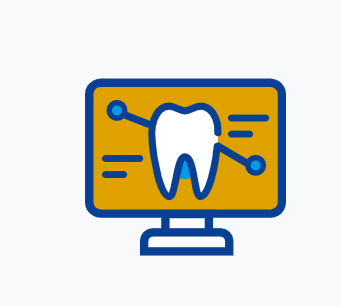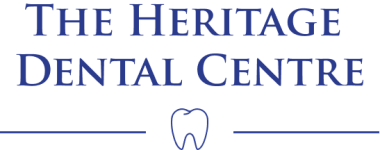
Oral Cancer Screening In Mississauga
Early cancer detection for the mouth, lips, tongue or throat. Learn the signs and understand your risks.
The Signs And Symptoms Of Oral Cancer
Oral cancer is characterized from abnormal cell growth in the mouth, lips, tongue or throat. With early detection, oral cancers have a high rate of successful treatment. The people at the greatest risk for oral cancers are those over the age of 45 but regardless of your age, you should opt for oral cancer screening if you’ve experienced any of the following symptoms:
- Discoloured patches in your mouth or on your lips including white or dark red in colour.
- Unfamiliar lumps or unusual changes in texture.
- Canker sores that won’t heal, numb patches or persistent bleeding.
- Unusual feeling tongue, change in sense of taste and difficulty swallowing.
The risk factors for oral cancer
There are several behaviours and conditions that are associated with a higher risk of oral cancer. These include:
- Smoking or consuming tobacco products such as cigarettes, cigars and chewing tobacco
- Heavy or moderately heavy consumption of alcohol (especially combined with tobacco)
- Possibility of human papillomavirus (HPV) infection of the mouth.
- Excessive exposure to the sun; a lifestyle that includes lots of sun exposure.
- A poor diet or poor eating habits.
- Family history of oral cancer.
- Oral cancer is more common in men than in women.
- A history of leukoplakia (a thick, whitish-colour patch that develops inside the mouth)
Prevention, Detection And Treatment Of Oral Cancer
Spotting early signs of cancer
The goal of an oral cancer screening is the early detection of cancer or precancerous conditions in your mouth. During the exam, your dentist will look over the inside of your mouth and under your tongue for red or white patches or suspicious sores. Your dentist will also feel the tissues in your mouth to check for lumps or odd textures and may also feel the outside of your throat and neck for lumps.
Diagnosis and treatment
If signs of cancer are detected during your oral screening you may be asked to undergo additional testing such as a biopsy (where a small piece of the suspicious tissue is removed for lab examination) or imaging tests like Xrays, ultrasounds, CT scans or an MRI. To remove confirmed tumours, surgery or chemotherapy or radiation therapy may be necessary.
Prevention of oral cancer
You can take steps now to help prevent oral cancer later. To help reduce your risk of oral cancer see your dentist regularly for routine exams, stop using tobacco products and drink responsibly, be mindful of your exposure to direct sunlight and use U/V protective lip balms, eat a healthy diet with plenty of fruits and veggies and during your routine brushing and flossing rituals, remember to check your mouth for signs or symptoms so that you can report any concerns to your dentist.
Finishing touches
After checking your bite, your dental bonding is now complete. As a final touch, the dentist will give your tooth a quick polish. Your bonded tooth will look beautiful and natural. You may even forget which tooth was repaired. We’ll make a note in your chart and at your future exams, the dentist will give some special attention to the bonded tooth to check for any wear and tear.
Cost Of A Dental Bonding In Mississauga
Dental bonding is used for such a wide variety of reasons that it is difficult to provide a ballpark estimate without learning more about your needs and examining your teeth. That being said, typically, it costs approximately $300 to $600 or more per tooth without insurance. Most insurance companies will cover dental bonding, especially if it’s needed to restore a broken or damaged tooth. With insurance, you can expect to pay somewhere around $60 to $120 out of pocket.
When we’re determining the cost of your dental bonding treatment we look at these important factors:
- How many teeth you need bonded.
- Whether or not any new x-rays are required.
- How much composite resin will be needed to complete the treatment.
- Where the teeth in question are located in your mouth.
- Your current overall oral health.
Remember, no dentist can give you an accurate quote over the phone. After an examination, we would love to provide you with an accurate quote in person so that you can find out your final costs and make an informed decision.


